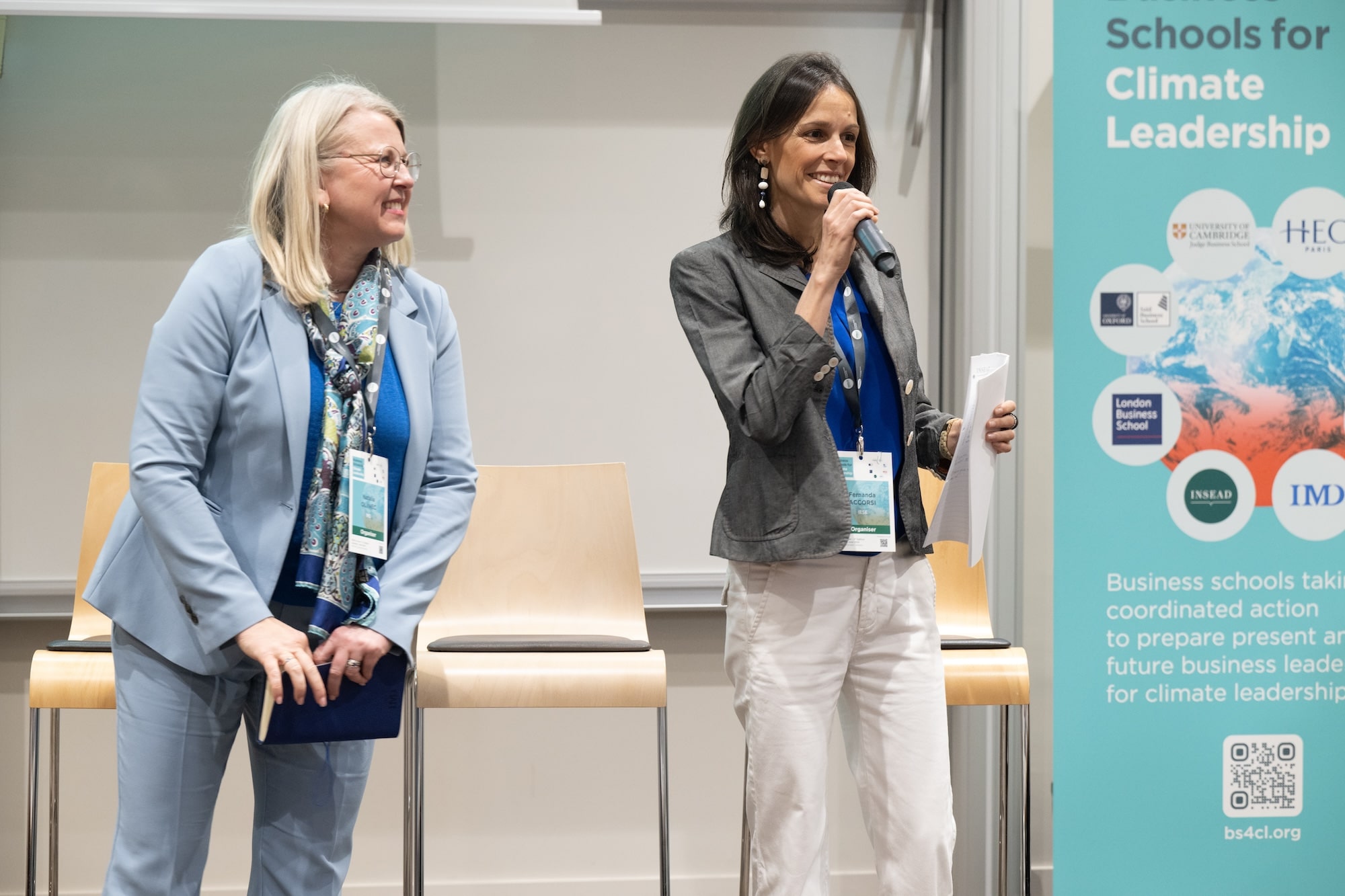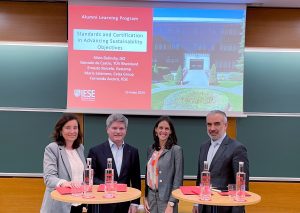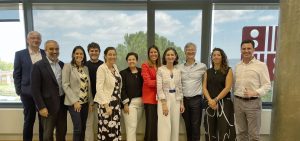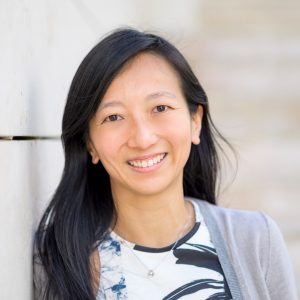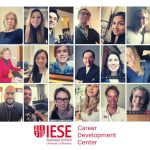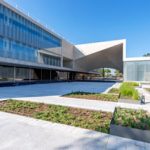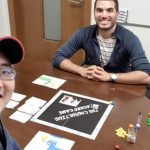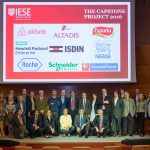This October marks the one year anniversary of the launch of IESE's Institute for Sustainability Leadership (ISL). In this post, we talk to Fernanda Accorsi, Executive Director of the ISL to learn more about her role, the ISL's activities and how students can get involved.
Hi Fernanda, thank you for taking the time to chat with us. Please tell us about yourself. What brought you to IESE and your current role at the ISL?
What brought me to IESE was the possibility of bridging companies and the academic world so that knowledge has a significant and practical purpose. I’m a Marketing and Communication Director for commercializing products, services and platforms that deliver positive social and environmental impact. Previously, I worked at several FMCG companies where I began to question the way that companies were doing business and what it means to be a successful company. For the most part, it seemed that the concept of sustainable impact was not being researched and articulated and companies were addicted to the short-term benefits that were being generated. However, one of the turning points for me was while working at Kimberly-Clark Brazil. There, I was fortunate to join a team that launched a new toilet paper SKU which would minimize its environmental footprint. It was a simple change to the packaging that reduced the amount of plastic waste but with the substantial amount of product that we sold, it added up to a sizeable reduction of waste. This result inspired me to rethink business models, go-to-market strategies, and how we communicate the added value of sustainable impact.
Very interesting! What is your typical day like? What do you enjoy most about your work?
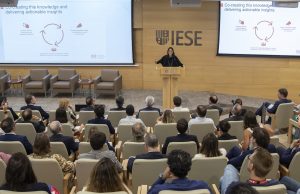
It has been a great pleasure leading the ISL and fulfilling our mission of making knowledge purposeful.
That is easy–what I enjoy the most is all the amazing people I meet and spend time with every day. It is the relationships I make with incredible people from all over the world. An important part of my job is to create opportunities to share knowledge, connect people and initiatives and create an ecosystem of collaboration. I spend time investigating what is being done differently around the world in terms of sustainability and can serve as a powerful force to inspire and lead other companies in the same direction. That means learning about the topics being covered by the professors and their research and then finding the best practices to disseminate their knowledge while finding resources to enrich their research. In addition, we analyze the biggest social and environmental challenges of our time to understand how they are being tackled and the applicable solutions that are being developed to solve these problems. Furthermore, we aim to connect, find synergies and share the benchmarks with our students and if the solutions come from our students, we work to give them visibility and share their best leadership practices, to broaden their scope of collaboration. The Institute for Sustainability Leadership (ISL) is an open door to ideas, contacts and more inclusive and sustainable ways of doing business. I enjoy the opportunity to support the professors to embed sustainability into their programs. Sometimes this happens by encouraging them to update their work to present leadership practices that take into account the impact of the companies.
What are some of the highlights of your experience at IESE’s ISL so far? What has been your biggest accomplishment? What would you consider to be your most challenging moment?
The Institute turns one this October, and the launch of the institute itself was my biggest accomplishment since I joined IESE. It involved creating a very strong value proposition for the Institute, liaising with the core leadership at IESE, focusing on our strengths as an ecosystem, connecting with all the internal and external stakeholders involved, offering support to the process of integrating founding member partners and creating a calendar with the events and activities that were implemented in our first year.
Check out the highlights of our launch event in this video:
The most challenging experience is aligning with all the stakeholders such as the students of our programs, alumni, and potential companies that want to connect and that require a customized approach. Putting together an event with our partners of the Business School for Climate Leadership (BS4CL) was also an important challenge that we successfully fulfilled, and it required a lot of stakeholder negotiation and managing diverse expectations.
You’ve done a lot in just one year. How do you see the ISL evolving in the next 5-10 years?
Our value proposition with the ISL is “to facilitate knowledge exchange and enable multisectoral societal experiences for measurable progress toward a more regenerative economy”.
If the ISL evolves properly, in 5 years we will be this knowledge center of open-source sustainability practices, where all thought leaders (organizations, students, alumni, and professors) can return to share stories of success and failure, and to be nourished by the progress of our society in different spheres.
If we are successful, in 10 years we may not need to have a Sustainability Leadership Institute, because sustainability will be properly incorporated into all our educational programs and classes, and most of our teaching cases will feature examples of companies on their journey to become positive agents of change and their examples of strategic leadership to undertake these changes.
What are some examples of the type of projects the ISL focuses on? Our MBA students and prospective applicants are eager to learn more about Sustainability, how can they get involved?
One of the ISL’s main deliverables is to promote gatherings and events that inspire discussion about certain topics among stakeholders who share the same worries and responsibilities and who can contribute with different expertise. An example of these gatherings is the CSO Circles from our founding member companies to promote the exchange of experiences for embedding sustainability in the core of their businesses.
Another key project of the ISL is the ISL Fellows, a call to students from IESE degree programs (MiM, MBA, EMBA, GEMBA, PhD) to engage in sustainability-focused research activities and projects, with our professors. As well, projects can be proposed by our esteemed founding members, i.e., Agbar, Allianz, Arquia Banca, Barceló Hotel Group, Berry Global, Caixa Bank, Celsa Group, Compass Group, Gestamp, Mango and Schneider Electric. Every year around May/June, we will launch a CALL FOR ISL FELLOWS so students can apply to participate and complete it as an Independent Study Project.
Sounds like there are different ways for students to get involved. Do you have any other advice? How can prospective students best prepare before they come to campus, any resources or reading that you would suggest?
We recommend the students review the work of our academic contributors, listed in the Research Pipeline section on our webpage, to gain more knowledge on what has been done here so far. But above all, being sensitive to the current challenges we are facing and having a real intention to find better ways to solve real problems for society. Successful companies should profit from producing solutions, not problems for others.
Thank you Fernanda for sharing your experience and insights!
Pursue your dream MBA! Take these next steps today:


